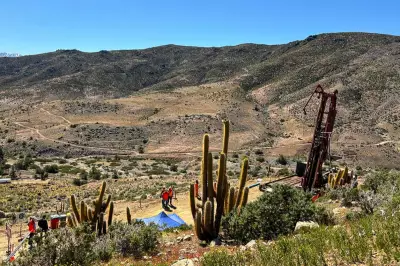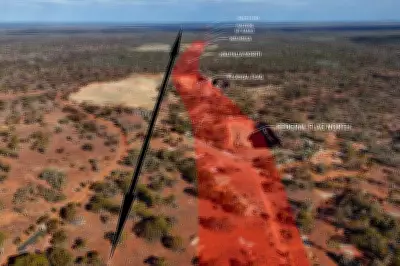
Coal Power Era Ends as Liberals Pivot Energy Strategy
In a significant shift for Australian energy policy, Opposition Leader Sussan Ley has declared the Liberal Party will not build new coal-fired power stations. This definitive statement, made during an interview with ABC's 7.30 program on November 18, 2025, marks a dramatic change in the coalition's language regarding its future energy mix.
Ms Ley confirmed that while the policy could theoretically support new coal generators, it is highly unlikely in practice. "We won't be building coal-fired power stations and there are no proposals for new coal," she stated, clarifying the party's position after a week of leaving the door open to potential subsidies for new coal projects.
Focus Shifts to Existing Infrastructure and Alternatives
The opposition leader outlined that the coalition's primary focus would be bringing down power prices if it wins the next election. However, the plan includes extending the life of Australia's current fleet of ageing coal power stations, which Ms Ley argued would likely require more government funding.
The Liberal energy strategy also aims to bring more gas supply online and lift the national moratorium on nuclear power. Additional investments would target technology development, including carbon capture and storage, solar uptake, biofuels, and low emissions metals.
Experts Warn of Flawed Approach and Higher Costs
Energy systems expert Dr Joel Gilmore from Griffith University, who also serves as a member of the pro-renewables Climate Council, immediately questioned the policy's fundamentals. He compared the desire for cheap coal to outdated prices, stating "just like you can't buy lollies for one cent at the corner store, you can't buy coal for rock-bottom prices."
Dr Gilmore emphasised that wind and solar backed by storage represent the cheapest forms of power generation available. He noted that if renewable energy technology hadn't been built already, electricity prices would be 30 to 50 percent higher than current levels. The expert directly attributed recent electricity cost increases to Russia's invasion of Ukraine rather than renewable energy investments.
The energy specialist also warned that abandoning net-zero commitments would steer investors away from Australia. "If we don't have that policy certainty, then investors are going to go elsewhere," Dr Gilmore cautioned, highlighting Australia's competitive advantage in wind and solar resources that the nation should "lean into" according to his assessment.





